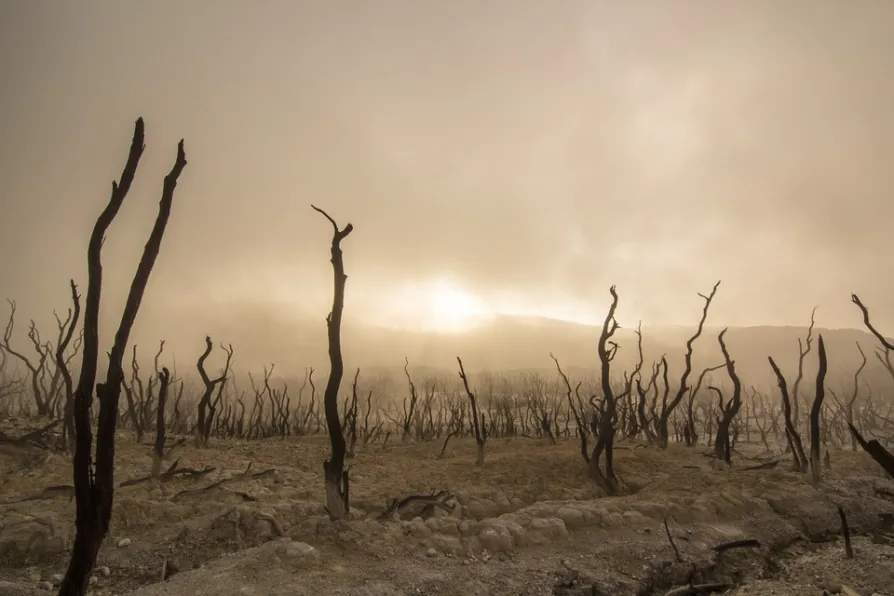Labour prospects in May elections may be irrevocably damaged by Birmingham Council’s costly refusal to settle the year-long dispute, warns STEVE WRIGHT
Where the wastelands end
It is climate change that most threatens our children’s prospects – not Brexit, writes ALAN SIMPSON


UGLY scenes outside Parliament have made the place look and feel like the Siege of Troy. But around the country bigger issues already fill the landscape.
A “climate emergency” conference in Lancaster drew in some 200-300 local authority and climate groups (along with similar numbers live-streaming their way in).
All were anxious to talk about existential survival. I’ve done similar meetings recently in Norwich, North Notts, Stroud and Hebden Bridge — each making the same point: it is climate change that most threatens our children’s prospects, not Brexit.
Similar stories

Ben Cowles speaks with IAN ‘TREE’ ROBINSON and ANDY DAVIES, two of the string pullers behind the Manchester Punk Festival, ahead of its 10th year show later this month

In an exhibition of the graphic art of Lorna Miller, MATT KERR takes a lungful of the oxygen of dissent

JAN WOOLF wallows in the historical mulch of post WW2 West Germany, and the resistant, challenging sense made of it by Anselm Kiefer

CAROLINE FOWLER explains how the slave trade helped establish the ‘golden age’ of Dutch painting and where to find its hidden traces











